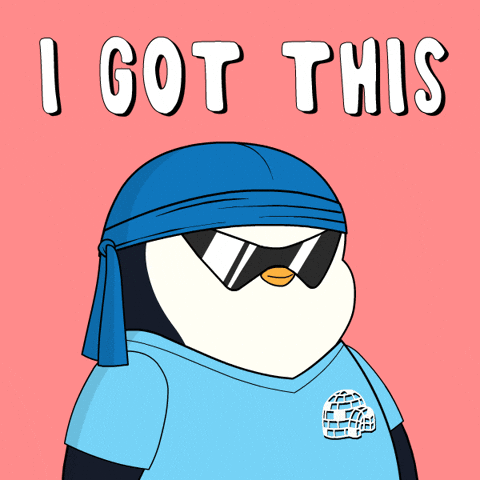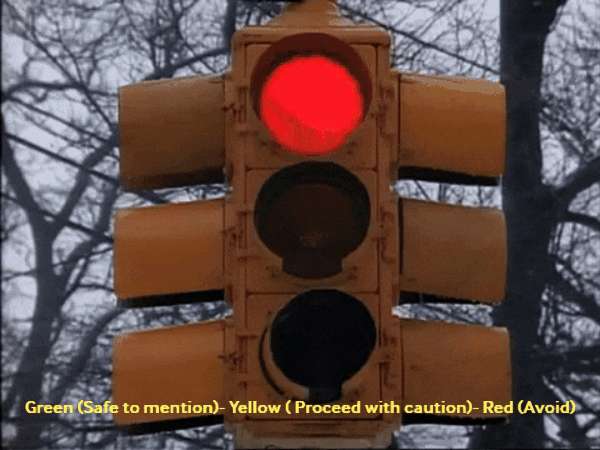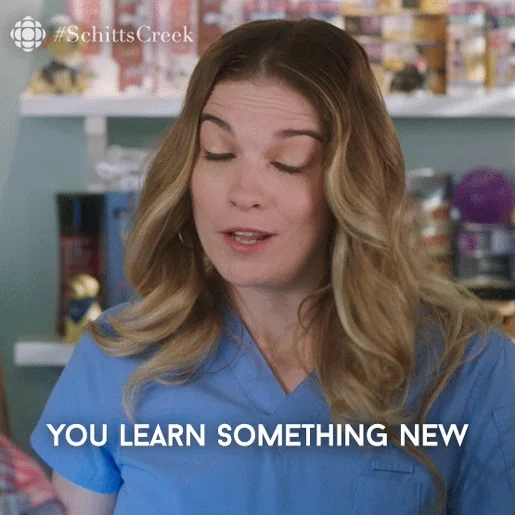You're in an interview, and you're asked to identify your skills gap...
Before you let your anxiety get the best of you, ask yourself: What do they really want to know?
They’re not trying to poke at your “weaknesses”. What they really want to know is your approach to learning and your professional growth mindset.
Let’s talk about how you can prepare your answer to the skills gap question, and how you'd address it on the job.

Step 1: Know Your "Why"
Keep the "why" of your answer in mind when you're preparing. Start by understanding what the interviewer wants to know.
Your answer to the skills gap questions will tell an interviewer:
If you possess the skills to learn new things effectively.
If you are a good fit with their team and work culture.
If you are resourceful and proactive.
How you deal with stressful issues.
If you have a "can do" attitude.
If you're able to address most of these points in your answer, you're golden!

Remember: Top performers don't know everything — they're the ones who can adapt and grow quickly when new challenges arise.
Step 2: Identify The Right Gap To Share
Scenario 1: You meet the job's core requirements.
If you meet the main responsibilities of the job, focus your answer on a skill that would improve your performance and go above the basic qualifications.
This could include levelling up with computer programs, tools, soft skills, or ways of working that will make you stand out.
For example:
If the job needs basic Excel knowledge, focus on building advanced Excel tricks.
If it needs basic presentation skills, focus on improving your public speaking skills.
If it needs basic photo editing skills, focus on learning a new video editing software.
If the job needs collaboration skills, focus your answer on building conflict resolution skills.
Tip: Think of what will help you stand out and show off your skills. Closely look at the job description to help you choose a gap that falls into the "safe to mention" category.

Scenario 2: You have a gap in a core responsibility area.
If you have a clear skill gap on one of the main responsibilities mentioned in the job description, it's best to be honest about it.
For example:
Let's say a job asks for leadership experience, and you don't have any leadership titles listed in your "work experience" section. The interviewer has probably seen this gap and wonders why they should still consider you for the role.
Instead of ignoring it and focusing on other gaps, address it openly and confidently. The key is to show them that you're aware, you're learning, and you're excited for the opportunity.
Tip: After mentioning the gap, aim to shift the focus of your answer to why you'd still be a good fit for the role, and how you'll address it on the job.
Step 3: Share Your Learning Plan
Your answer should show that you have already thought about how to bridge this gap by mentioning the methods and resources you plan to use. Think about what you could learn on the job and by yourself. It can also be helpful to give a realistic timeline because this shows how proactive you are about your professional growth.
For example:
You can structure your learning using a 90-day plan. Explain that you'd like to use the 30-60-90 day learning method to create realistic learning goals and milestones at 30, 60, and 90 days.

Learning Plan Resources
Here are some resources that you can include in your learning plan:
Company programs: Mention that you'd like to use on-the-job resources to learn new skills. Knowing about the company's mentorship program or learning initiatives can show an interviewer that you've done your homework.
Online courses or certifications: Mention using platforms like Coursera, LinkedIn Learning, edX, and Grow with Google. Sharing the names and details of courses can show your seriousness.
Volunteer work and industry mentors: Local nonprofits can help you gain hands-on experience, and experienced mentors can provide practical insight.
Workshops and conferences: Check industry association websites, LinkedIn events, or platforms like Eventbrite for free or budget-friendly events that can help you learn.
Books or podcasts: Books can be an affordable way to learn from experts. Local libraries can be a great free resource! For digital options, check out Spotify.
Quiz Time!
Anthony is a recent graduate, and he's excited to be interviewing for his dream job as a sports commentator. Although he's underqualified, he knows he's a quick learner. He's feeling confident and prepared for his interview.

The interviewer asks Anthony about his skills gap and how he would address it on the job.
What should Anthony say?
A. While I lack TV experience, I've practiced recording myself doing game commentary. I also want to shadow experienced broadcasters and seek feedback in my first two months.
B. I'd need company-provided training and research support to develop my understanding of sports statistics and player backgrounds.
C. I've never done any public speaking or broadcasting before. I get really nervous talking in front of people, but I'm always up for a challenge.
D. I don't have any skills gaps that I can think of. I've been watching sports my whole life, so I'm ready to start commentating right away.
Quiz
What should Anthony say?
Step 4: Connect It To Job Success
Next, prepare to tell the interviewer how solving this issue will make your work more impactful and help the company. This shows that you want to perform well in your job and help the whole business.
End your answer by showing excitement for the challenges and learning opportunities.
This shows you see challenges as growth opportunities and helps you stand out in the pool of job candidates.

Samples of closing statements:
I'm excited about this role because it would give me hands-on experience with [specific skill], and I know that developing this expertise will help me contribute more effectively to [specific team goal].
Mastering [specific skill] will not only make me more effective in this position, but also prepare me to take on additional responsibilities as I grow with the company.
Take Action

This week, find a real job posting that interests you. Identify a skill gap using the strategies from this Byte, then write and practice your 2-minute response out loud until it feels natural.
Your feedback matters to us.
This Byte helped me better understand the topic.
